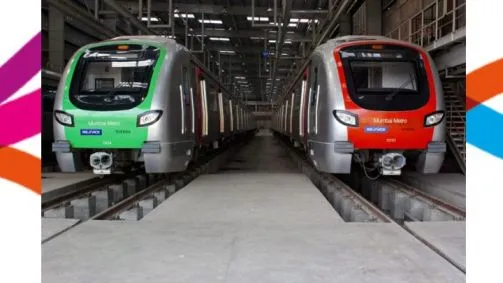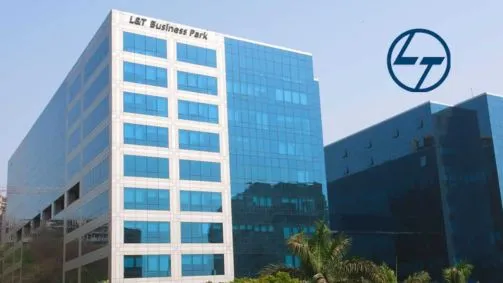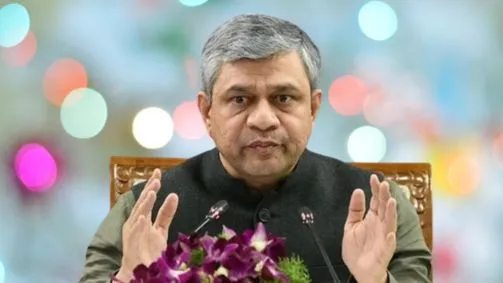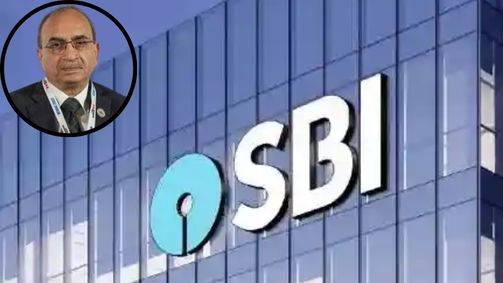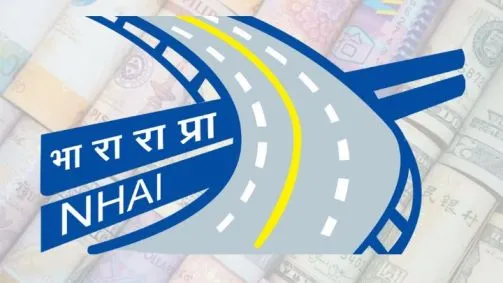The National Company Law Tribunal (NCLT) Mumbai Bench has resolved the Corporate Insolvency Resolution Process (CIRP) against Mumbai Metro One Private Limited, which is a subsidiary of Reliance Infrastructure (RInfra). The NCLAT’s decision follows a one-time debt settlement agreement between the company and its lenders as indicated by the regulatory filing.
Relief for RInfra as Insolvency Petition Dismissed
The Insolvency Petitions separately filed by State Bank of India (SBI) and IDBI Bank against Mumbai Metro One, have been dismissed by the NCLT. These petitions were based on non-payment of dues amounting to INR 416 Cr and INR 133 Cr, respectively. The resolution of these legal matters comes as a significant relief for Reliance Infrastructure.
Also Read | Indian Real Estate Market Witnesses Remarkable Growth, Predicts Trillion-Dollar Industry by 2030
Maharashtra Government’s Acquisition
This resolution clears the path for the Maharashtra government to proceed with its plans to acquire Reliance Infrastructure’s stake in Mumbai Metro One. The state cabinet had previously approved the purchase of the company’s 74% stake in the metro project, valuing it at INR 4,000 Cr.
Mumbai Metro One’s Importance
Among them, Mumbai Metro One, a joint venture between Reliance Infrastructure Limited and Mumbai Metropolitan Regional Development Authority (MMRDA), has a huge impact on the city’s mode of transportation. Managing the most active and busiest metro line in Mumbai, which covers the distance from Versova to Ghatkopar, it serves more than 4,50,000 passengers daily. Another aspect of the crisis that investors need to pay attention to is the resolution of its financial difficulties, on which its uninterrupted service may depend.
Also Read | Vodafone Idea Announces INR 18,000 Crore Follow-On Public Offer
Supreme Court Verdict Adds to RInfra’s Challenges
On one hand, the company has seen some of the successes mentioned earlier. However, it suffered a setback due to the recent decision of the Supreme Court. The top court overturned its earlier order, which had favoured the RInfra subsidiary that was in dispute with the Delhi Metro. This order required RInfra to return the money it had earlier received, further complicating the situation.
